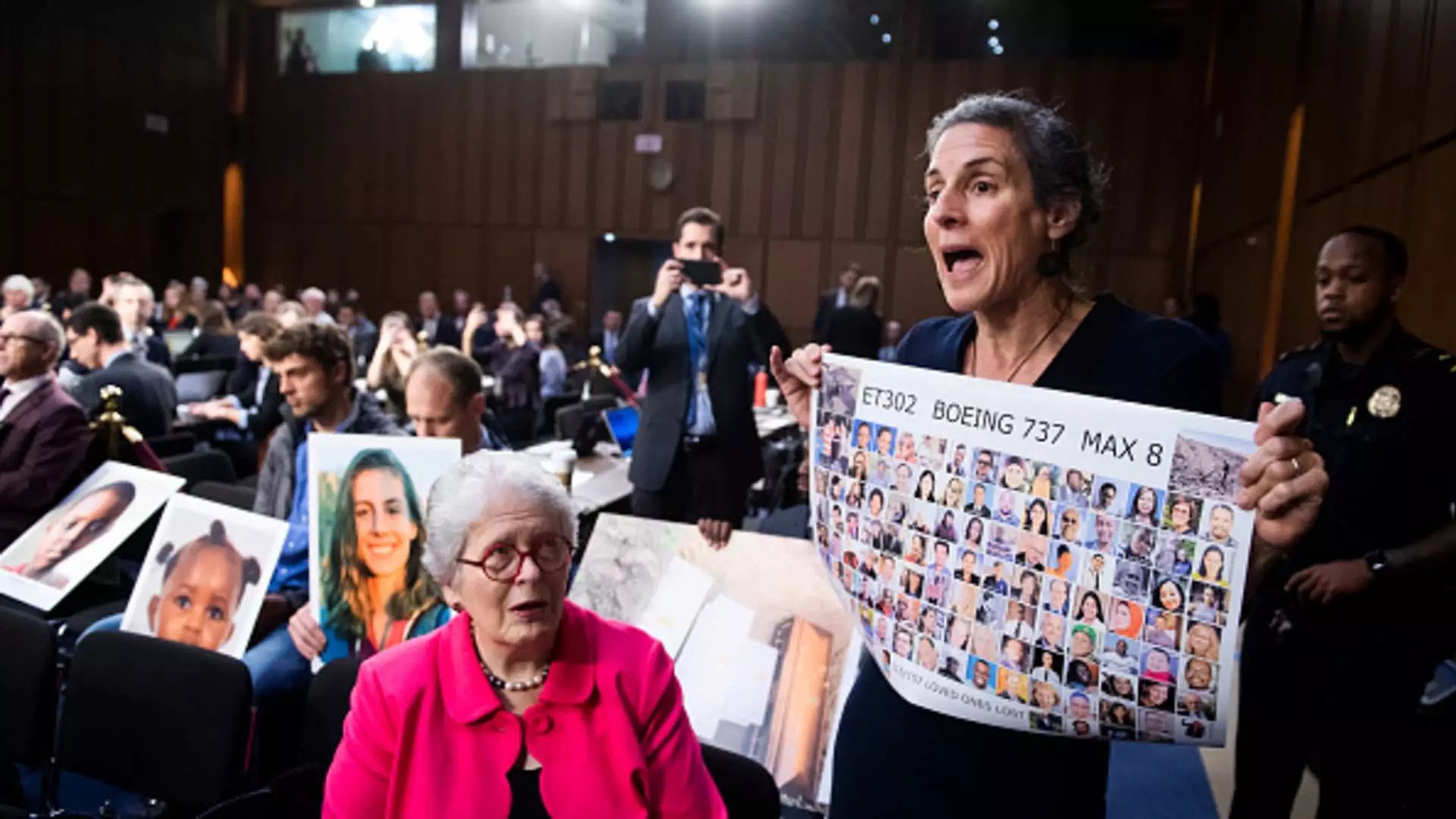The recent ruling by a federal judge rejecting Boeing’s plea deal tied to a criminal fraud charge has illuminated critical issues surrounding corporate accountability, regulatory oversight, and the complexities of justice in the wake of a tragedy. This ruling, initiated by U.S. District Judge Reed O’Connor of the Northern District of Texas, raises significant questions about the implications of diversity, equity, and inclusion (DEI) policies in the selection of monitors for corporate compliance.
Boeing’s troubles began after two harrowing crashes of its 737 Max aircraft, where all 346 passengers and crew aboard were tragically killed. The disaster highlighted profound deficiencies in safety protocols and transparency, ultimately leading to a criminal charge against the company for conspiring to defraud the U.S. government. The necessity for a plea deal was born out of a desire to sidestep a protracted trial while Boeing attempted to restore its public image and secure financial stability post-scandal.
In July, Boeing’s agreement to plead guilty to the charges was framed as a potential win for the corporation, yet it was met with sharp criticism from victims’ families and legal experts alike. The backlash primarily stemmed from the perception that the arrangement might offer leniency that bypassed the gravity of the offenses committed. The plea deal proposed a condition wherein a government-appointed monitor would oversee Boeing’s compliance with regulatory standards — a measure that should ideally contribute to restoring public trust.
Judge O’Connor’s rejection of the plea deal stems largely from his skepticism about the monitor selection process, particularly concerning how DEI policies could unduly influence outcomes. His reservations bring forth a multifaceted debate about the intersection of social justice principles and legal accountability. O’Connor emphasized the importance of competency over race or social considerations in monitoring corporate behavior, underlining the delicate balance required in modern legal practices.
The judge demanded transparency from both Boeing and the Justice Department regarding these DEI policies, insisting on assurance that the selection of a compliance monitor would be purely competency-based. This stance opens up critical discussions about whether incorporating diversity initiatives into such high-stakes contexts is detrimental or beneficial. Advocates argue for a broader understanding of justice that reflects societal values, while opponents, like O’Connor, worry that such measures could detract from accountability.
The vocal discontent from victims’ families accentuates the emotional toll of the Boeing scandal. Legal representatives for these families expressed outrage over what they described as a “sweetheart deal,” arguing that it insufficiently addressed the harm incurred by Boeing’s negligence. Erin Applebaum, an attorney for a victim’s family, articulated the pressing need for a plea agreement that truly reflects the severity of Boeing’s infractions. The families have long sought greater involvement in the legal proceedings, particularly when it comes to ensuring that justice is served effectively.
Their sentiments highlight a broader societal expectation for corporate accountability—a demand not only for financial restitution but for the upholding of ethical standards in corporate conduct. Applebaum’s comments signal an emerging trend where public interest in corporate governance and victim restitution are critical in shaping legal outcomes.
The landscape of corporate responsibility is evolving, and Boeing’s current conundrum serves as a pertinent case study reflecting this shift. O’Connor’s requirement for a reevaluation of the plea deal could imply prolonged legal battles for Boeing and may also spark a broader reevaluation of corporate governance across industries.
Furthermore, the implications of this ruling might ripple through similar corporate dealings in the future as companies grapple with balancing accountability, regulatory expectations, and public trust. As Boeing attempts to rehabilitate its standing amid ongoing scrutiny, the necessity for transparency, competency, and ethical oversight will remain paramount in shaping the future of corporate regulation.
Judge O’Connor’s rejection of Boeing’s plea deal is more than just a legal setback; it is a reflection of complex societal values at play. As stakeholders demand justice that is equitable and resonant with the losses suffered, the legal community will be tasked with navigating the intricate web of corporate accountability, public sentiment, and ethical governance.


Leave a Reply